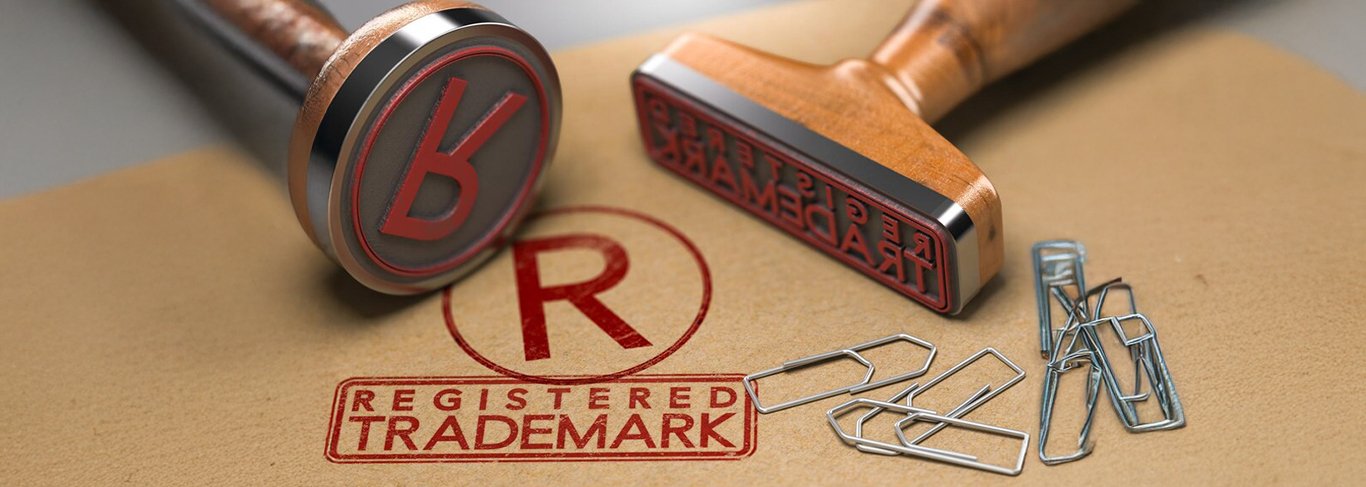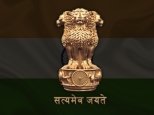Trademark registration and maintenance can be expensive
4 easy steps Trademark Registration
-
Fill up the Form.
-
Submit the documents.
-
Pay Minimal fees.
-
Get your Trademark Registration
Process of Trademark Registration
-
📞 Get in Touch with Us
Call or WhatsApp us for a free expert consultation. We help you understand what can be trademarked and under which class your brand/product/service falls.
-
🔍 Trademark Selection
We conduct a thorough TM Search to check if your brand or logo is already in use, and help you select the correct TM Class based on your business activity.
-
📄 Document Submission
Submit your logo, applicant’s PAN, Aadhaar, brand usage proof, MSME certificate, and Power of Attorney.
-
💳 Fee Payment
Pay TardeMark fees and our professional charge securely via UPI, bank transfer, or payment gateway.
-
📝 Application Drafting & Filing
Our team drafts your TM Application, attaches the supporting documents, and files it online with the IP India Portal.
-
📤 Acknowledgment & TM Number Issued
You receive your TM Acknowledgment & TM Application Number within 1–2 working days. You can start using ™ symbol immediately.
-
🕵️ Examiner Review & Reply Handling
If any objection is raised by the department, we draft a strong reply, submit additional documents, and represent your case.
-
📢 Publication in Trademark Journal
Once accepted, your TM is published in the Trademark Journal for public objection. 120 days monitoring handled by us.
-
📬 Trademark Registration Certificate
If no opposition is filed or all issues are cleared, you receive your Trademark Registration Certificate with legal rights to use the ®️ symbol.
-
🔧 Post-Registration Support
We help with renewals, assignments, brand transfer, international filings, and legal protection in case of infringement.

Document for Trademark Registration

Proof of Identity
The PAN card of the Individual, Company, Firm, Society, or Trust.
Certificate of Incorporation
The certificate of incorporation for a public or private limited company or a section 8 company.
Proof of Address
Proof of the address of the Principal Place of Business.
Registration certificate
The registration certificate for societies.
Partnership Deed
A copy of the partnership deed for a registered partnership firm.
Legal identification
The legal identification of the proprietor.
Bank Account
A cancelled cheque or bank statement of the entity.
Signature
Digital signatures of the authorized signatories and directors.
Consent
The consent of the majority of employees for voluntary registration.Advantages of Trademark Registration
Exclusive rights
The owner of a registered trademark has the sole right to use the mark for specific goods or services. This prevents competitors from using similar or identical marks.
Legal protection
Registration provides a legal basis to take action against anyone who uses the mark without permission.
Builds trust
A registered trademark can help build trust and loyalty with customers.
Differentiates products
A registered trademark can help differentiate a product or service from competitors
Legal remedies
Registration provides a legal basis to seek remedies such as damages or injunctions against infringers
Safeguarding Assets
Ensures that Assets of the enterprises are safeguarded from any infrigement or other criminal activities.
Asset creation
A registered trademark can be considered an asset for the business.
Global Trademark Registration
For any person willing to expand outside India, the trademark registered in India can provide a good base along with the Established goodwill in the Country.
International protection & Global recognition
Registered trademarks can be protected internationally through the Madrid Protocol.
A registered trademark can be recognized globally, enhancing brand reputation.
Disadvantages of Trademark Registration
Cost
Time
The process of registering a trademark can be time-consuming.
Renewal fees
There are annual or periodic fees to renew a trademark registration. If the fees aren’t paid, the trademark can be removed from the register
Limited protection
Trademarks only protect the marketing concepts of products or services, not the products themselves.
Geographic limitations
Trademarks are typically only protected in the jurisdictions where they are registered.
Enforcement challenges
The owner of a trademark is responsible for monitoring and enforcing their rights.
Descriptive trademarks
Highly descriptive or merely descriptive trademarks cannot be registered.
Generic terms
Certain marks, like generic terms, cannot be protected at all.
Maintenance
Trademarks must maintain their distinctiveness, or protection can lapse.
Trademark classes
Once chosen, trademark classes cannot be altered.
Requirement of Trademark Registration:
File an application with the Indian Trademarks Registry
Include all required documents
Pay the required fees
Wait for the trademark to be published in the Trademark Journal
Respond to any objections raised by the publication within 90 days.
If the application is accepted, the proposed trademark will be published in the Trademark Journal
Why us
Recognized by Government of India
End-to-End Financial & Compliance Solutions
On Time, Every Time - We Respect Deadlines
Data Security & Confidentiality
ISO Certified
Trained & Professional Team
Technology Driven Work Culture
Transparent & Ethical Business Practices
Intended Support for Startups & MSMEs
Here are some frequently asked questions about Trademark Registration?
What is a trademark?
A trademark is a distinctive marker that distinguishes products or services from competitors. It can include symbols, designs, expressions, or identifiable features associated with a specific brand.
Why should I register my trademark?
Trademark registration protects your rights to use the mark and provides legal recourse against infringement. It remains valid for ten years, with the option to renew indefinitely.
Who can apply for trademark registration in India?
Trademark registration India is open to individuals, companies, proprietorship firms, partnerships, LLPs, Indian and foreign companies, trusts, and societies.
What are the types of trademark registrations in India?
Trademark registration India includes product marks, service marks, collective marks, certification marks, shape marks, pattern marks, and sound marks.
What initial details are required for trademark registration?
Initial details include the applicants name, business type, business objectives, brand/logo/slogan name, and registration address.
What documents are needed for trademark registration India?
Required documents vary by applicant type. Common documents to register trademark India include PAN card, Aadhar card, GST certificate, incorporation certificate, and partnership deed.
What is the Vienna Codification process?
The Vienna Classification categorizes figurative elements of trademarks. The Registrar applies this classification to the trademark’s figurative elements.
Leave Your Accounting to Us and File GST Accurately.
Save time, money, and taxes with our AI based Business softwares and expert accountants.
















